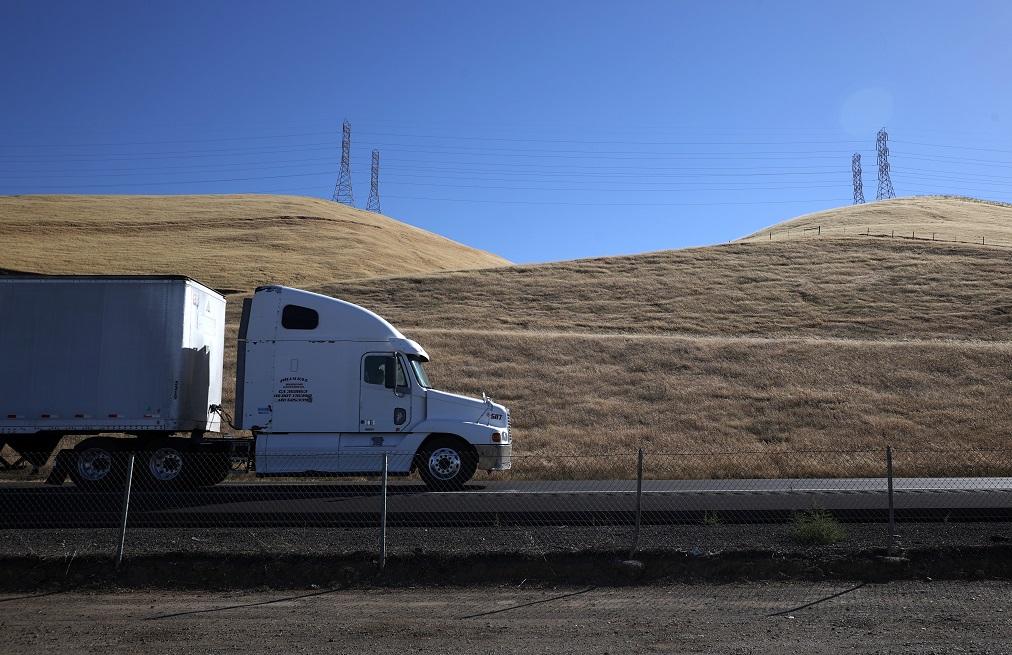Independent truckers in California are asking the U.S. Supreme Court to invalidate an unusually restrictive and possibly unconstitutional state law that virtually outlaws independent contracting.
Independent truckers say the California law known as AB5, which took effect Jan. 1, 2020, will kill their industry by preventing companies from hiring them.





